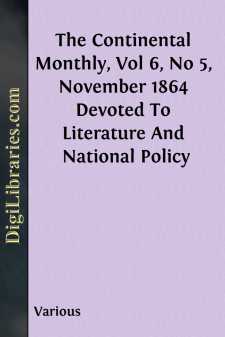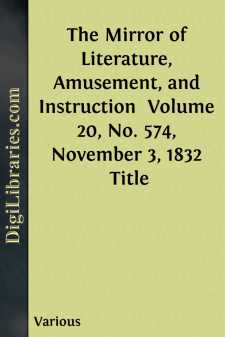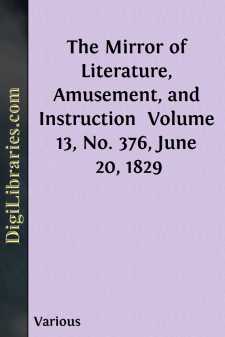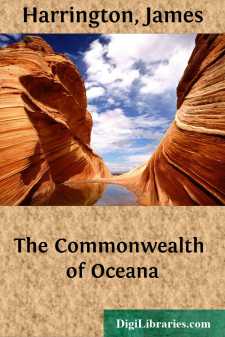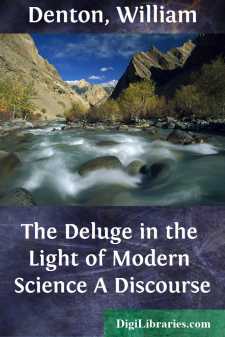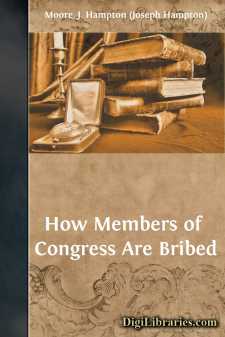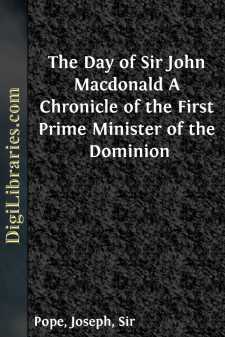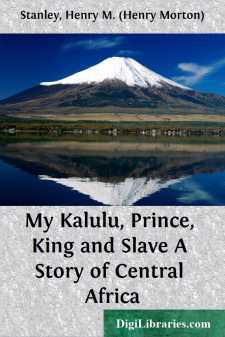Categories
- Antiques & Collectibles 13
- Architecture 36
- Art 48
- Bibles 22
- Biography & Autobiography 815
- Body, Mind & Spirit 144
- Business & Economics 28
- Children's Books 18
- Children's Fiction 14
- Computers 4
- Cooking 94
- Crafts & Hobbies 4
- Drama 346
- Education 58
- Family & Relationships 59
- Fiction 11834
- Games 19
- Gardening 17
- Health & Fitness 34
- History 1378
- House & Home 1
- Humor 147
- Juvenile Fiction 1873
- Juvenile Nonfiction 202
- Language Arts & Disciplines 89
- Law 16
- Literary Collections 686
- Literary Criticism 179
- Mathematics 13
- Medical 41
- Music 40
- Nature 179
- Non-Classifiable 1768
- Performing Arts 7
- Periodicals 1453
- Philosophy 65
- Photography 2
- Poetry 896
- Political Science 203
- Psychology 44
- Reference 154
- Religion 515
- Science 126
- Self-Help 85
- Social Science 83
- Sports & Recreation 34
- Study Aids 3
- Technology & Engineering 59
- Transportation 23
- Travel 463
- True Crime 29
Our website is made possible by displaying online advertisements to our visitors.
Please consider supporting us by disabling your ad blocker.
The Continental Monthly, Vol 6, No 5, November 1864 Devoted To Literature And National Policy
by: Various
Categories:
Description:
Excerpt
THE PROGRESS OF LIBERTY IN THE UNITED STATES.
There are three classes of persons in the loyal States of this Union who proclaim the present civil war unnecessary, and clamor for peace at any price: first, a multitude of people, so ignorant of the history of the country that they do not know what the conflict is about; secondly, a smaller class of better-informed citizens, who have no moral comprehension of the inevitable opposition of democracy and aristocracy, free society and slave society, and who believe sincerely that a permanent compromise or trade can be negotiated between these opposing forces in human affairs; thirdly, a clique of demagogues, who are trying to use these two classes of people to paralyze the Government, and force it into a surrender to the rebels on such terms as they choose to dictate: their separation from the United States or recall to their old power in a restored and reconstructed Union.
It will be my purpose, in this article, to show the complete fallacy of this notion, by presenting the facts concerning the progress of the different portions of our country in the American idea of liberty during the years preceding this war. The census of 1860, if honestly studied, must convince any unprejudiced man, at home or abroad, that the Slave Power deliberately brought this war upon the United States, to save itself from destruction by the irresistible and powerful growth of free society in the Union. This war had the same origin and necessity of every great conflict between the people and the aristocracy since the world began.
Every war of this kind in history has been the result of the advancement of the people in liberty. Now the people have inaugurated the conflict against the aristocracy, either in the interest of self-government, or an imperial rule which should virtually rest upon their suffrage. Now the aristocracy has risen upon the people, who were becoming too strong and free, to conquer and govern them through republican or monarchical forms of society. There has always been an irrepressible conflict between aristocracy and democracy; in times of peace carried on by all the agencies of popular advancement; but in every nation finally bursting into civil war. And every such war, however slow its progress, or uncertain its immediate consequence, has finally left the mass of the people nearer liberty than it found them.
The northern Grecian states represented the cause of the people; and the oriental empires the cause of the few. These little states grew so rapidly that the despots of Asia became alarmed, and organized gigantic expeditions to destroy them. At Marathon and Salamis, the people's cause met and drove back the mighty invasion; and two hundred years later, under the lead of Alexander, dissolved every Asiatic empire, from the Mediterranean to the Euphrates, to its original elements.
Julius Cæsar destroyed the power of the old Roman aristocracy in the interest of the people of the Roman empire. Under the name of 'The Republic,' that patrician class had oppressed the people of Rome and her provinces for years as never was people oppressed before. After fifty years of civil war, Julius and Augustus Cæsar organized the masses of this world-wide empire, and established a government under which the aristocracy was fearfully worried, but which administered such, justice to the world as had never before been possible.
The religious wars of the sixteenth and seventeenth centuries, which involved the whole of Europe for eighty years, were begun by the civil and religious aristocracy of Europe to crush the progress of religious and civil liberty among the people. These wars continued until religious freedom was established in Germany, Holland, and Great Britain, and those seeds of political liberty sown that afterward sprang up in the American republic.
The English civil wars of the seventeenth century were begun by the king and great nobles to suppress the rising power of the commons, and continued till constitutional liberty was practically secured to all the subjects of the British empire.
The French Revolution was the revolt of the people of France against one of the most cruel and tyrannical aristocracies that ever reigned; and continued, with brief interruptions, till the people of both France and Italy had vindicated the right to choose their emperors by popular suffrage.
During the half century between the years 1775 and 1825, every people in North America had thrown off the power of a foreign aristocracy by war, and established a republican form of government, except the Canadas, which secured the same practical results by more peaceful methods.
The historian perceives that each of these great wars was an inevitable condition of liberty for the people, and has exalted their condition. In all these struggles there were the same kinds of opponents to the war: the ignorant, who knew nothing about it; the morally indifferent, who could not see why freemen and tyrants could not agree to live together in amity; and the demagogues, who were willing to ruin the country to exalt themselves. But we now understand that only through these red gates of war could the peoples of the world have marched up to their present enjoyment of liberty; that each naming portal is a triumphal arch, on which is inscribed some great conquest for mankind....


